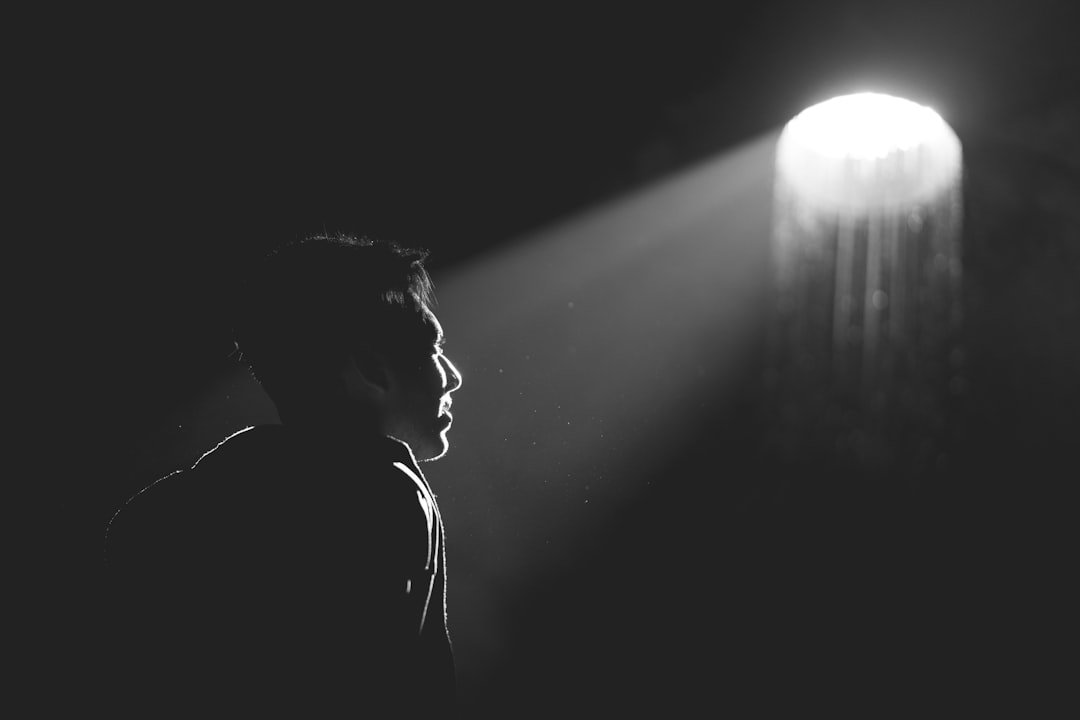I’ve been thinking about why I call attention to myself.
In mid-October 2016, having absorbed the wisdom of pundits and polls, I made flight and room reservations to be in Washington, D.C., for the January 20th inauguration of Hillary Clinton. The pundits and polls and I were wrong, of course, but I kept the reservations, skipped the inaugural ceremonies, and the following day joined the masses on the Mall for the Million Women’s march, a mile-long throng of pink pussy hats, one of them mine.
On the way back to my room I stopped at a tent selling political merchandise and, on a whim, bought two decals; each was a clenched black fist rising out of the word RESIST! I stuck them on the rear window of my car when I got home and finally removed them four years later, the day Joe Biden was inaugurated.
Five months into this new administration I’m debating replacing them.
BECOME A FREE SUBSCRIBER TO I’VE BEEN THINKING
And it seems like a silly dilemma. After all, they're only decals; it’s not like I’m remortgaging the house to contribute to the resistance. Most of my friends, whether in their thirties or their eighties, don’t make political statements on their cars or front lawns. They’re serious political folks who argue and spend and vote to declare their values but do so quietly, privately.
Why am I drawn to broadcasting my opinions?
I’ve spent my life as a Christian feeling it is my sacred duty to bear witness to what I believe. Bearing witness is not a silent or even a quiet act - it's an active obligation to tell others (family members, unchurched friends, skid row mission groups) about our faith that could be theirs and save their eternal souls. Growing up in an evangelical church, this obligation was a central responsibility of being a serious Christian.
By my twenties I had left the evangelical world and was hip deep in issues of social justice, especially the joint movements for Civil Rights and against our war in Vietnam. The day after Dr. King was murdered in April 1968, I arrived at a graduate seminar with a memorial poem I’d spent the night writing and distributed it to my classmate. Bearing witness.
A few years later, I was a Presbyterian pastor in a conservative community, still intent on bearing witness. I had never worn jewelry, but in 1970 a jeweler friend made me a peace cross out of gold; I bought a thin gold chain and hung it around my neck where it’s been for fifty-five years. I often wear shirts with the two top buttons opened so the cross is clearly visible.
I’m drawn to such visible, performative demonstrations. I take delight in calling attention to myself. I like to be noticed. I find it exhilarating when I’m being looked at or listened to.
When I was ten years old, my family moved into a rented house surrounded by the six-thousand member First Presbyterian Church of Hollywood, then the largest Presbyterian church in the world. The youth director latched on to me both as a mission project – bringing this street kid into this faith-based community – and because he thought I had leadership qualities beyond most of my peers.
When I was thirteen, he appointed me to lead a group of ten-year-old boys in recreation and bible study experiences. When one of them died suddenly of a childhood disease, his mother asked the youth director if it would be okay if I spoke at her son’s memorial service. I barely knew how to tie my shoes, let alone have anything to say about this tragic death, but the director said Yes, gave me a few hints about what to say, and I worked hard to prepare about five minutes of tribute. The boy’s mother was exuberant over my homage to her son, the director congratulated me on my efforts, and for the first time I got the thrill of being noticed for what I said – for my witness.
By the time I was in high school I was teaching junior high and high school church kids, became a paid summer staff member in the youth program, and was gaining a reputation as someone headed for the ministry who might someday be a notable preacher. By the time I graduated from college I’d been a staff member and teacher for several years and had spoken hundreds of times to kids’ groups, college members of the church (we had a college group of several hundred), and several times to adult groups as a spokesperson for our church’s young people. Every time I sat down after speaking, I had that same exhilaration that had come after the ten-year-old’s memorial service, the thrill that I was the center of attention.
When I left the ministry in 1981and became a therapist, I joined a large Episcopal church in Pasadena whose head minister was a longtime friend from shared social justice work. Within six months of my arrival, he asked me to take over a small Sunday morning bible study class from a retiring priest; once again I had a place to stand up front and stand out. As the class grew week by week, I became a notable person in my new congregation. People joined the class and brought their friends until the dozen people in the beginning were fifty, then seventy-five, and occasionally nearly one hundred.
For thirty-five years I taught this class and week by week felt the excited validation that began when I was a boy. I figured it was all about witnessing to what I believed was important in my life and the lives of my classmates. It didn’t dawn on me, even as the decades slipped by, that I needed this experience to feel good about who I was.
Then a new head priest was elected. For reasons I never understood, this new person didn’t think my role on Sunday mornings was important or, perhaps, was suitable to the vision he brought of what the congregation could be under his leadership. In 2016 I said thank you and goodbye to the class when our five week series ended.
I was never asked to teach again.
When I asked about getting back onto the schedule, the head priest said he was over his head, and that he had handed over supervision of adult classes to a young associate who, for reasons no one articulated to me, thought my teaching no longer fit what the church stood for. I didn’t believe that.
When I complained over lunch to a longtime church friend, he said to me, You’re in your late seventies, so maybe it’s time to give up the class. It hurt my feelings to hear him say that. After all, the response of the class to my recent teaching had been as enthusiastic as ever: I wasn’t convinced my age had taken the edge off my teaching. I was still practicing as a psychotherapist with no plans to retire. The year I was eighty-two, I talked with my internist, who’s known me for thirty-five years, about retirement. He warned me against it. You’re still good at it (he continued to refer his patients to me), and you get such satisfaction from it that I think quitting would be a mistake.
I knew it was useless to ask again if I could teach. The answer would be No again, which would inflame the disappointment and anger that hung like weights in my soul. In the years that followed, I went to church less frequently, greeted the priest cordially but through stiff lips, and left for home after church without mingling with my former classmates.
This seems to me now like juvenile pouting, but at the time it was the only routine I could muster as I tried to manage my emotional confusion. I also carried this barely acknowledged thought that maybe it was time: maybe the years of my teaching ministry were indeed over, and perhaps I should retire into learning to play canasta or chess, brief senseless whispers that never rang true to me, and vanished before they were fully shaped.
In January of this year, I got an invitation from a lay leader at the church to participate in a new program studying what it means to be white. It would involve several months of study, which I found myself eager to do. She also asked if I’d be willing to lead a six-person discussion group, and again I said Yes. I was motivated by my desire to get back into action, to come off the sidelines of social justice work and to join those whom Theodore Roosevelt named the [people] who are actually in the arena.
I said Yes because I was disgusted by the devastating effects of Trump’s racist actions. And I said Yes because I’d once more be able to share my thoughts and stories with others, a small group to be sure, but at least a place to bear my witness and once again feel the excitement of people listening and nodding and affirming me as a person of substance.
I've known my whole life that bearing witness is a central part of how I want to show up in the world. It's only very recently that I've understood how deeply connected this is to my need to be seen, appreciated, and valued by others. I don't feel bad about that need, and I am glad to understand it and how it's driven me in the past. At this point in my life, I am happy with the curiosity with which I continually explore new dimensions of who I am.
My new decals are now in place on the rear window of my car, my persistent need to call attention to myself undimmed.
As has been my habit in recent years, I am taking a summer hiatus from writing - I wish all of you a wonderful summer and I look forward to being back in your inboxes every other Sunday come September.







